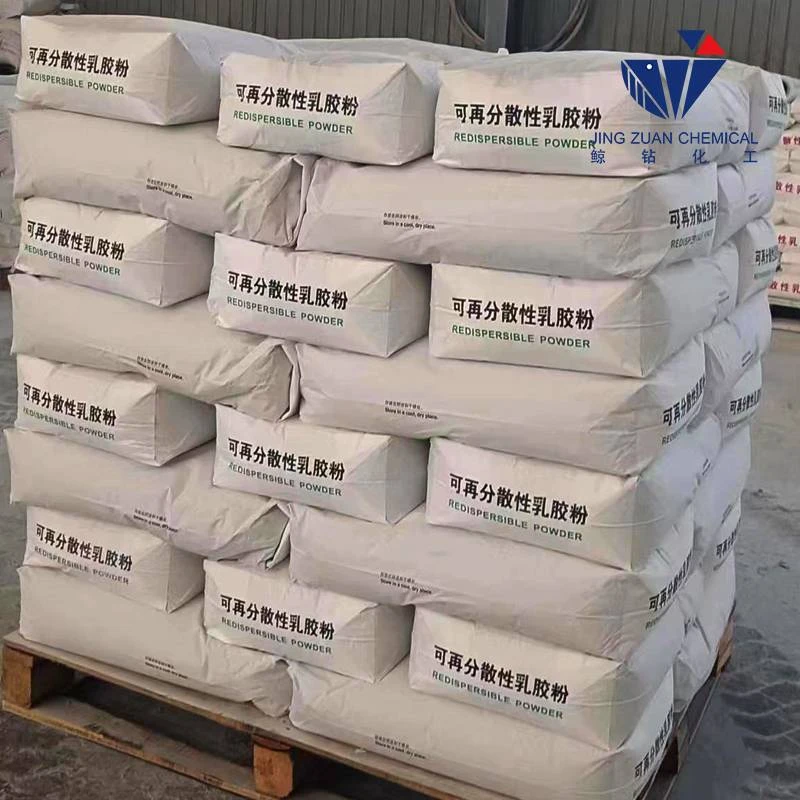
Th12 . 30, 2024 23:32 Back to list
Preparation Methods for HPMC Solution in Various Industrial Applications
HPMC Solution Preparation A Comprehensive Guide
Hydroxypropyl methylcellulose (HPMC) is a versatile polymer widely used in various fields, including pharmaceuticals, food industry, cosmetics, and construction. Its unique characteristics, such as water solubility, film-forming ability, and stability, make it an essential component in formulation development. Preparing an HPMC solution requires careful consideration of several factors, including concentration, temperature, and pH. This article provides a comprehensive guide on how to prepare HPMC solutions effectively.
Understanding HPMC
HPMC is a cellulose ether derived from cellulose, which is a natural polymer made from plant cell walls. By modifying cellulose with propylene oxide and methyl chloride, HPMC is obtained, endowing it with solubility in water and the capability to form gels. This modification process results in varying degrees of substitution, affecting the physical and chemical properties of the resulting polymer. HPMC is available in different grades, depending on the viscosity and solubility, making it suitable for diverse applications.
Materials Needed
To prepare an HPMC solution, you will need the following materials
1. HPMC Powder Select the appropriate grade of HPMC based on the desired viscosity and application. 2. Distilled Water Ensuring purity and preventing contamination. 3. Beaker or Mixing Container A clean container for dissolving HPMC. 4. Stirrer or Magnetic Stirrer For effective mixing and ensuring uniformity. 5. Thermometer To monitor temperature during the preparation process. 6. pH Meter or pH Strips To check and adjust the pH if necessary.
Steps for Preparation
Step 1 Measure the HPMC
Determine the required concentration for your application. A common range is between 1% and 5% (w/v). For instance, to prepare a 2% solution, you will need 2 grams of HPMC powder for every 100 milliliters of distilled water.
Step 2 Heat the Water
hpmc solution preparation

Heat the distilled water to approximately 70-80°C (158-176°F). Heating facilitates the dissolution of HPMC, resulting in a smoother and more homogeneous solution. However, avoid boiling, as excessive temperatures may lead to degradation of the polymer.
Step 3 Gradually Add HPMC
While stirring the warm water, slowly sprinkle the measured HPMC powder into the container. It is crucial to add the powder gradually to prevent clumping. Using a whisk or a magnetic stirrer can enhance the process, ensuring that the HPMC dissolves evenly.
Step 4 Continue Stirring
Maintain stirring until the HPMC is fully dissolved. This process can take anywhere from a few minutes to half an hour, depending on the concentration and the specific grade of HPMC used. You may notice the solution becoming increasingly viscous as it cools down.
Step 5 Cool and Adjust pH
After complete dissolution, allow the solution to cool to room temperature. During this cooling period, check the pH using a pH meter or strips. HPMC solutions are typically stable at a neutral pH (around 7). If adjustments are necessary, you can use dilute hydrochloric acid or sodium hydroxide to achieve the desired pH level.
Step 6 Store the Solution
Once cooled and pH-adjusted, transfer the solution to a clean, labeled container. Store it in a cool, dry place away from direct sunlight to maintain its integrity and prevent microbial growth. Depending on the concentration and storage conditions, the solution may have a shelf life of several weeks to months.
Conclusion
The preparation of an HPMC solution is a straightforward process that demands attention to detail and proper technique. By following the outlined steps, one can ensure the successful dissolution of HPMC, resulting in a reliable product for various applications. Whether for use in pharmaceuticals, food, or other industries, understanding the characteristics of HPMC and mastering its preparation can greatly enhance formulation development and application efficacy. With the right preparation methods, HPMC can effectively enhance product quality, providing functional benefits across numerous sectors.
-
Versatile Hpmc Uses in Different Industries
NewsJun.19,2025
-
Redispersible Powder's Role in Enhancing Durability of Construction Products
NewsJun.19,2025
-
Hydroxyethyl Cellulose Applications Driving Green Industrial Processes
NewsJun.19,2025
-
Exploring Different Redispersible Polymer Powder
NewsJun.19,2025
-
Choosing the Right Mortar Bonding Agent
NewsJun.19,2025
-
Applications and Significance of China Hpmc in Modern Industries
NewsJun.19,2025







